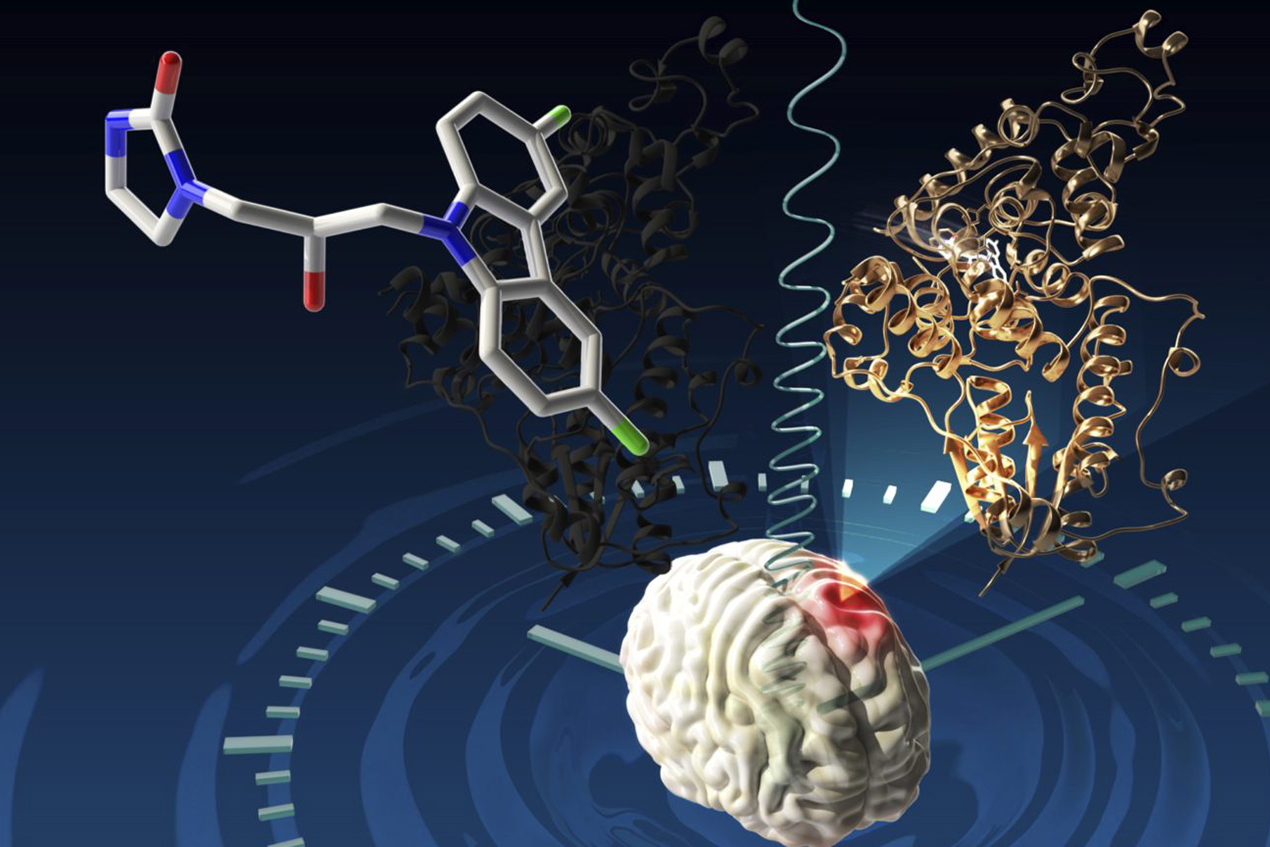Researchers from the Keck School of Medicine of USC have found that circadian clock proteins, which help coordinate the body’s functions, play a key role in glioblastoma — a deadly brain cancer — including its resistance to treatment. The findings have led to the discovery of SHP656, a drug in phase 1 trials that could lower the cancer’s high mortality rate.
To read the full story, click here.


